The Dark Side of the Shot: When Selfies Are an Actual Danger in Real Life
Muhe - Tuesday, 26 August 2025 | 07:00 PM (WIB)
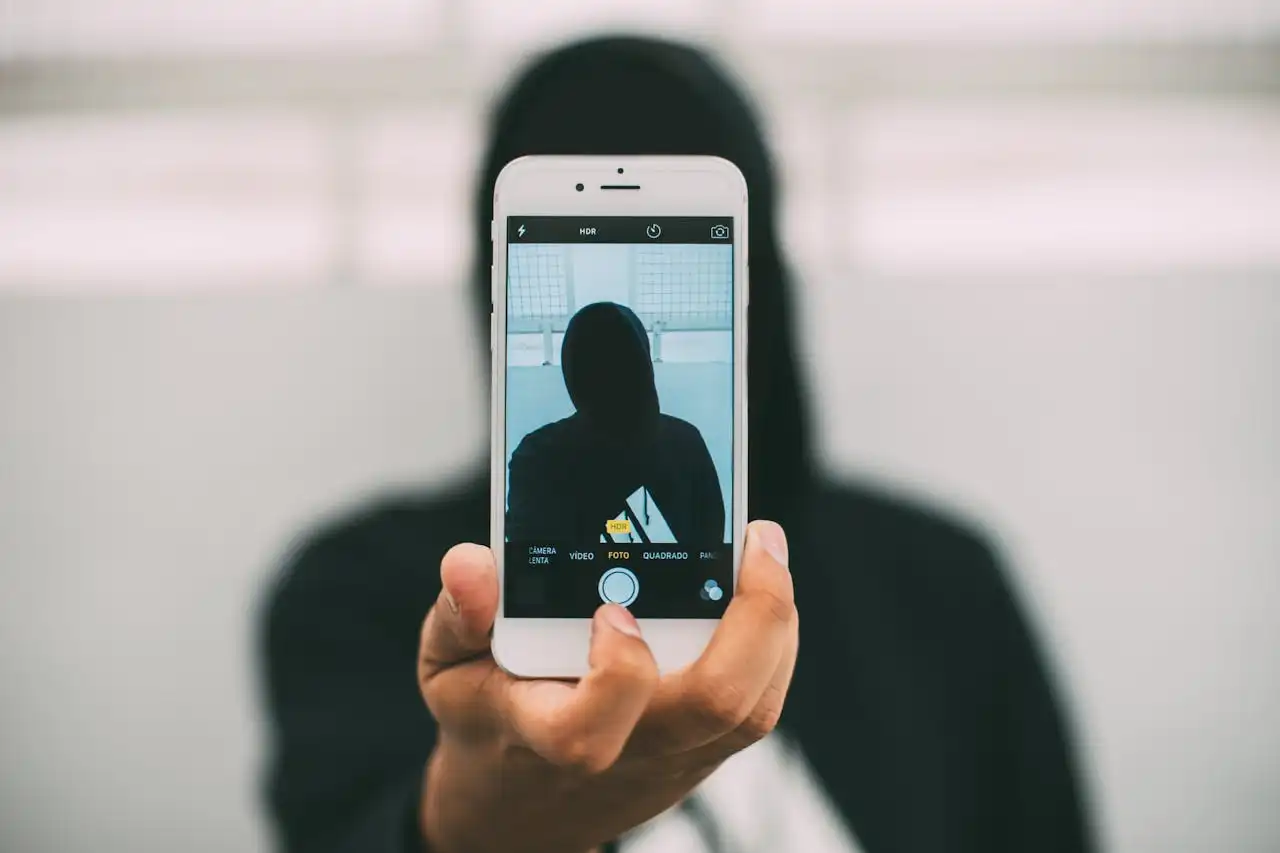

It's truly a game of the mind.
Digital Footprints: Wearing Our Hearts on Our Sleeves Beyond the mirror reflection and the physical world, our digital footprint has a tendency to tell a story we'd prefer not to have everyone read. Every selfie, especially those taken while on-the-go, is a possible mini data breach waiting to happen. GPS data is usually inserted by most smartphones right into the image file, so that 'beautiful' picture of where you ate brunch may be advertising precisely where you are, or where you normally are. And it's not even metadata. Take a look at the record of your latest posting – did you unwittingly photograph your house number, the name on your street, or even a glimpse of confidential documents? Those seemingly innocuous facts are bonanzas to stalkers, identity thieves, or other nefarious souls.As we dash to share our lives, we are prone to leaving a digital trail of breadcrumbs and laying ourselves impressively open to vulnerability in an age where privacy is a luxury. Beyond the Frame: Faux Pas and Blurred Lines It is not what a selfie tells us about ourselves, but what it causes us to do. The single-minded desire to take the 'perfect shot' can override common sense and basic manners. We've all witnessed it: people making a fuss in a public place, standing in hallways, or making a scene, all for the purpose of a photo. Worse, naturally, is the outright cringe-worthy business of taking inappropriate selfies in somber places like war memorials, cemeteries, or the locations of historical tragedies. It shows an absolute disrespect, not just to the dignity of the location, but to the feelings of other people. And don't forget the boring but common threat of distraction. Stepping into traffic, stumbling down the stairs, or worse, driving while attempting to take a selfie – these aren't ridiculous errors; they're dangerous acts that put others at risk, too.It's a testament to how self-destructive the thrill of digital approval can be, encouraging us to push the boundaries between decent behavior and sheer foolishness. So, where does that leave us? Are selfies the scourge of our modern age? Not really. Like any useful tool, they're a two-edged sword. They may be fun, a way of capturing memories, or even a form of self-expression. But on the negative side, no one can deny and too often not even intentionally. The dangers of selfies – from real cliff-face falls to the subtle draining of self-esteem and privacy – are a reminder that the virtual universe, as wonderful as it is with its limitless potentialities of connection and creation, calls equally for high levels of awareness and responsibility. Maybe now is the moment we all catch our breath, step away from our screens, and remember that some moments are better experienced, not just meticulously documented. I mean, what's a great photo worth if we sacrifice it on the altar of our safety, our sanity, or our moments in life?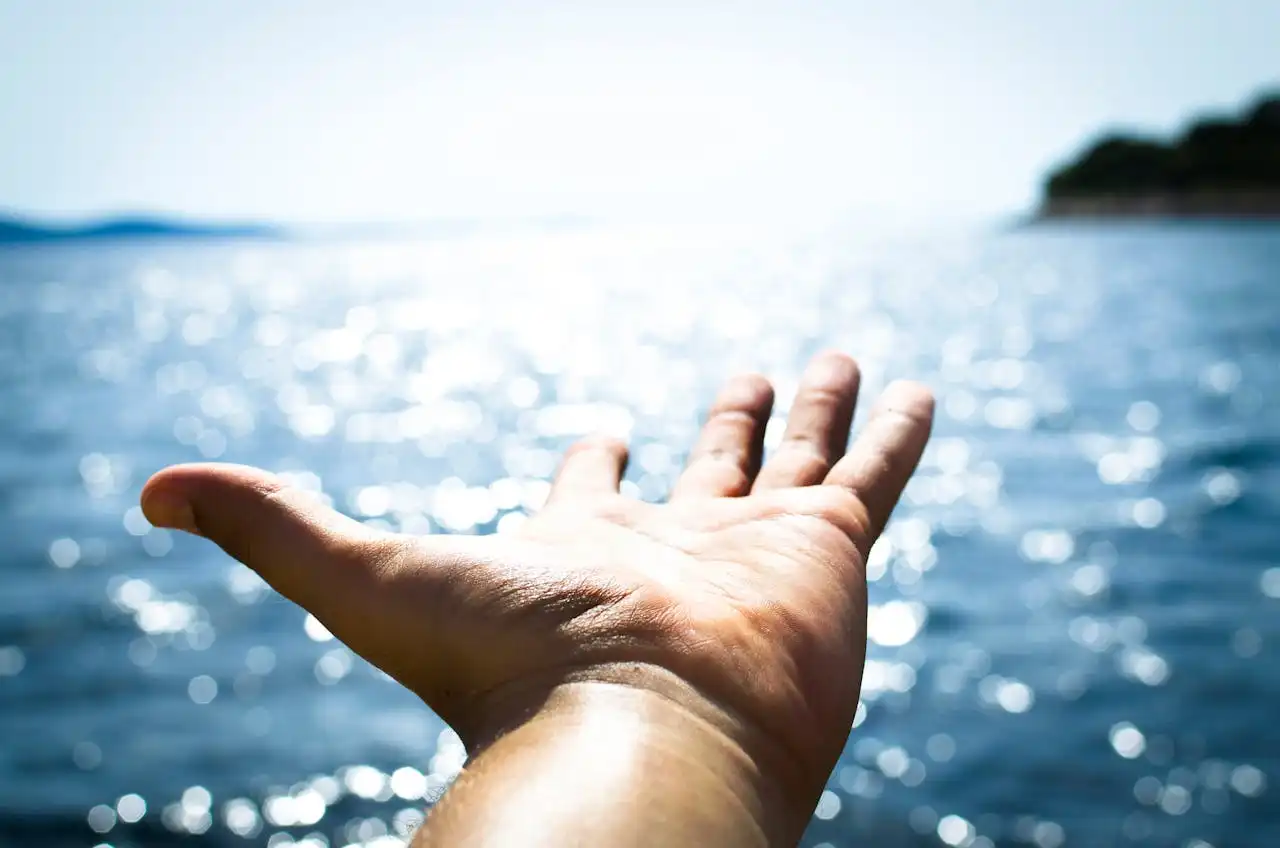
Your Weekend Won't Recharge Itself: A Guide to Crushing the Energy Reset
6 months ago

The Hidden Horrors of Tear Gas: More Than Just a Fleeting Sting
6 months ago
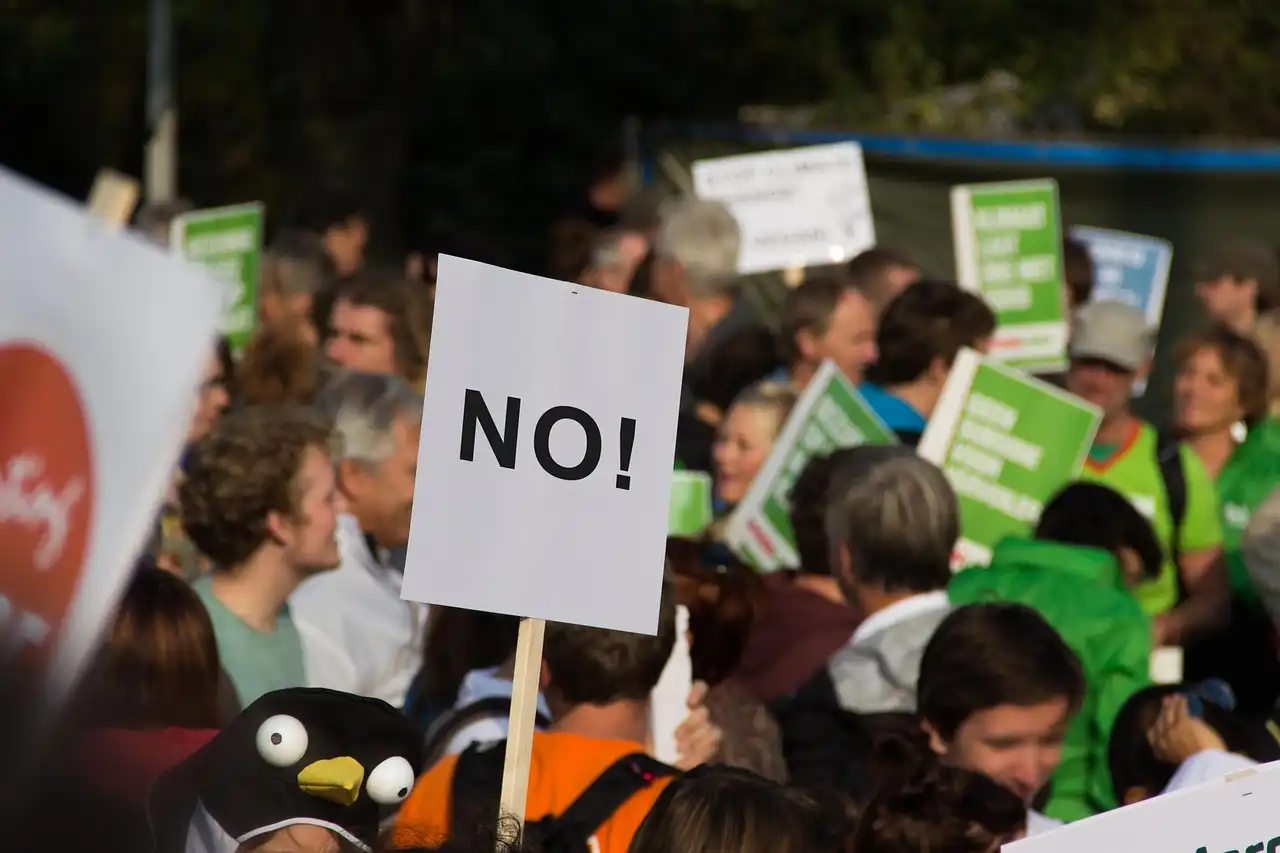
1312: The Meaning, Origin, and Social Context of the Notorious Number
6 months ago
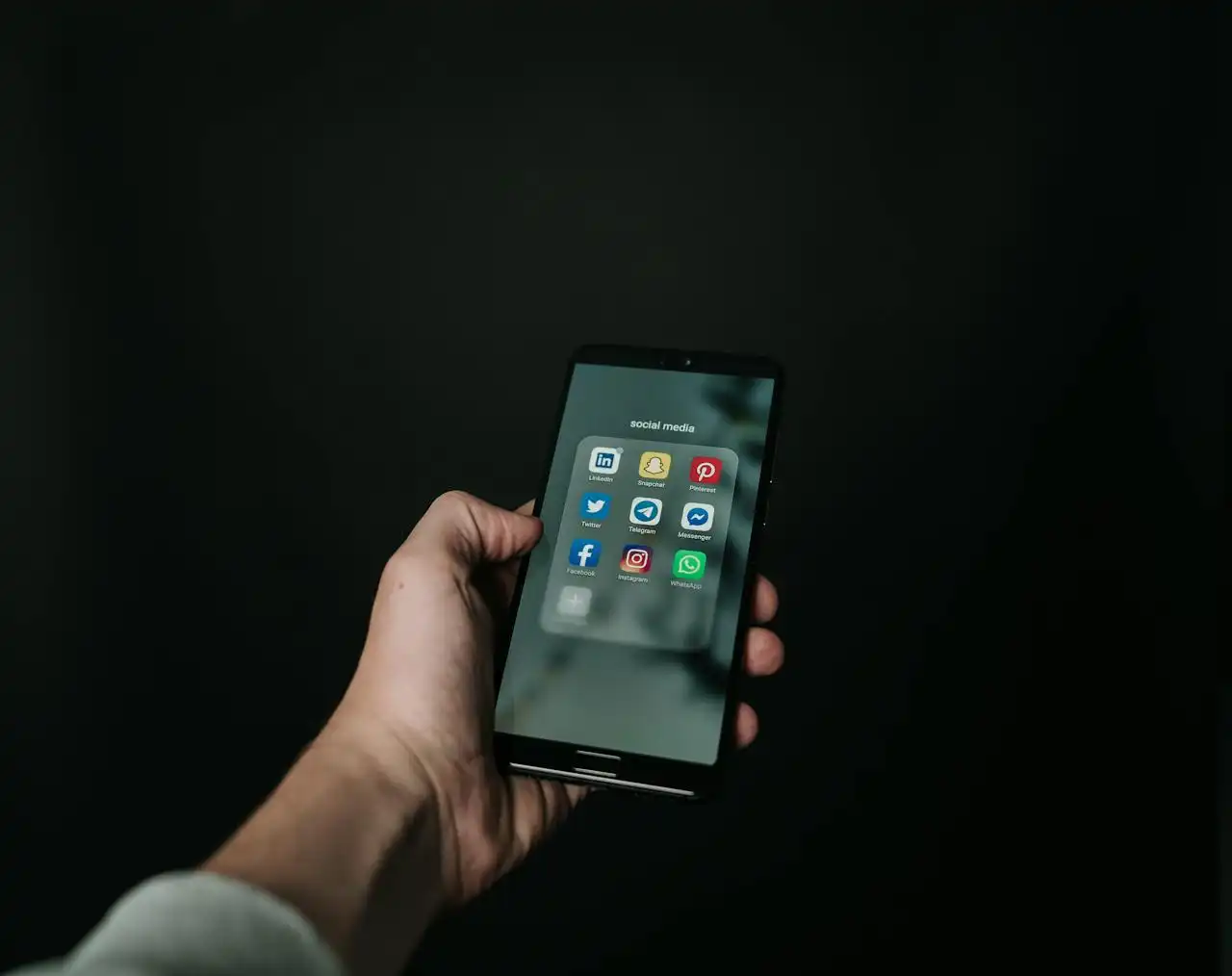
The Digital Tightrope: How Social Media Puts a "Double Burden" on Today's Teens
6 months ago

Say Goodbye to Awkward Texts: WhatsApp Unveils Your New AI Writing Coach
6 months ago

The Secret Weapon of Penguins: Why Their Poop is More Impressive Than You Think
6 months ago
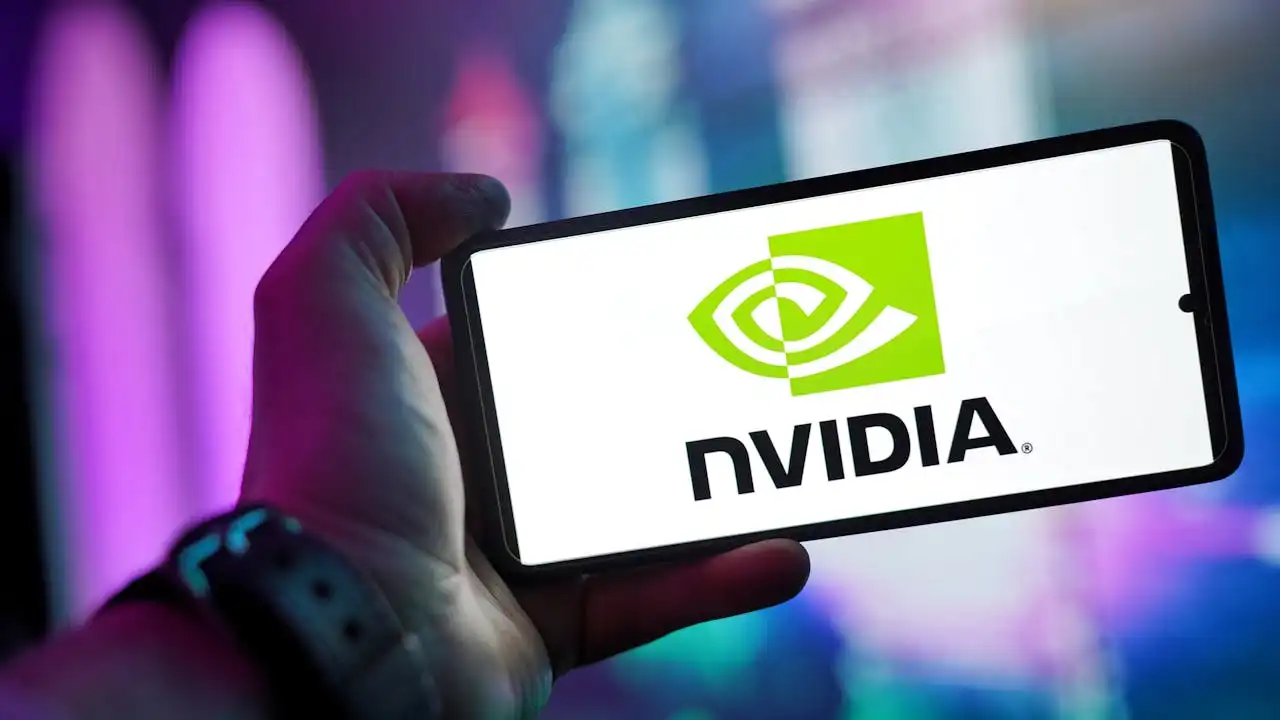
NVIDIA Crushes New Record, Yet Market Concerns Still Exist Over "AI Bubble"
6 months ago
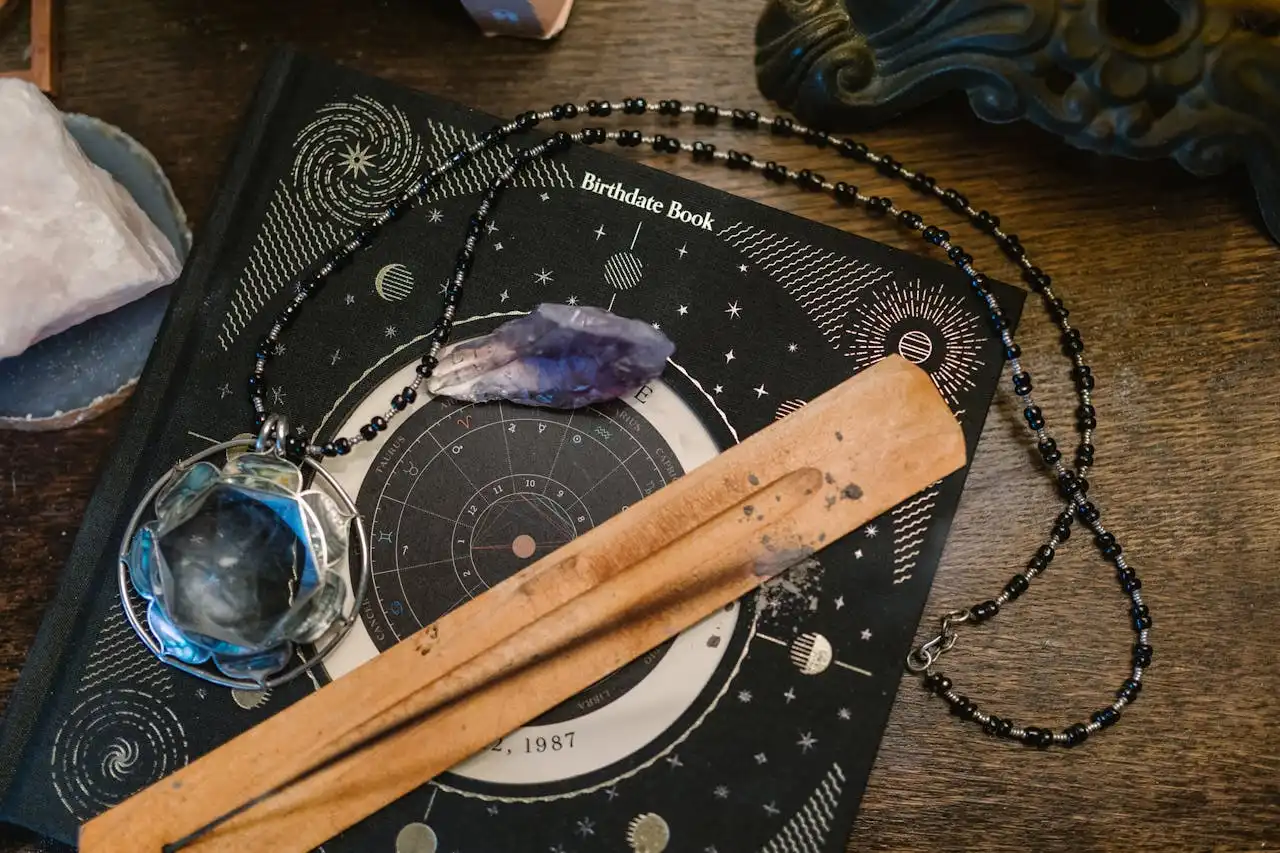
Your Cosmic DNA? Unpacking How Zodiac Signs Shape Who We Are
6 months ago
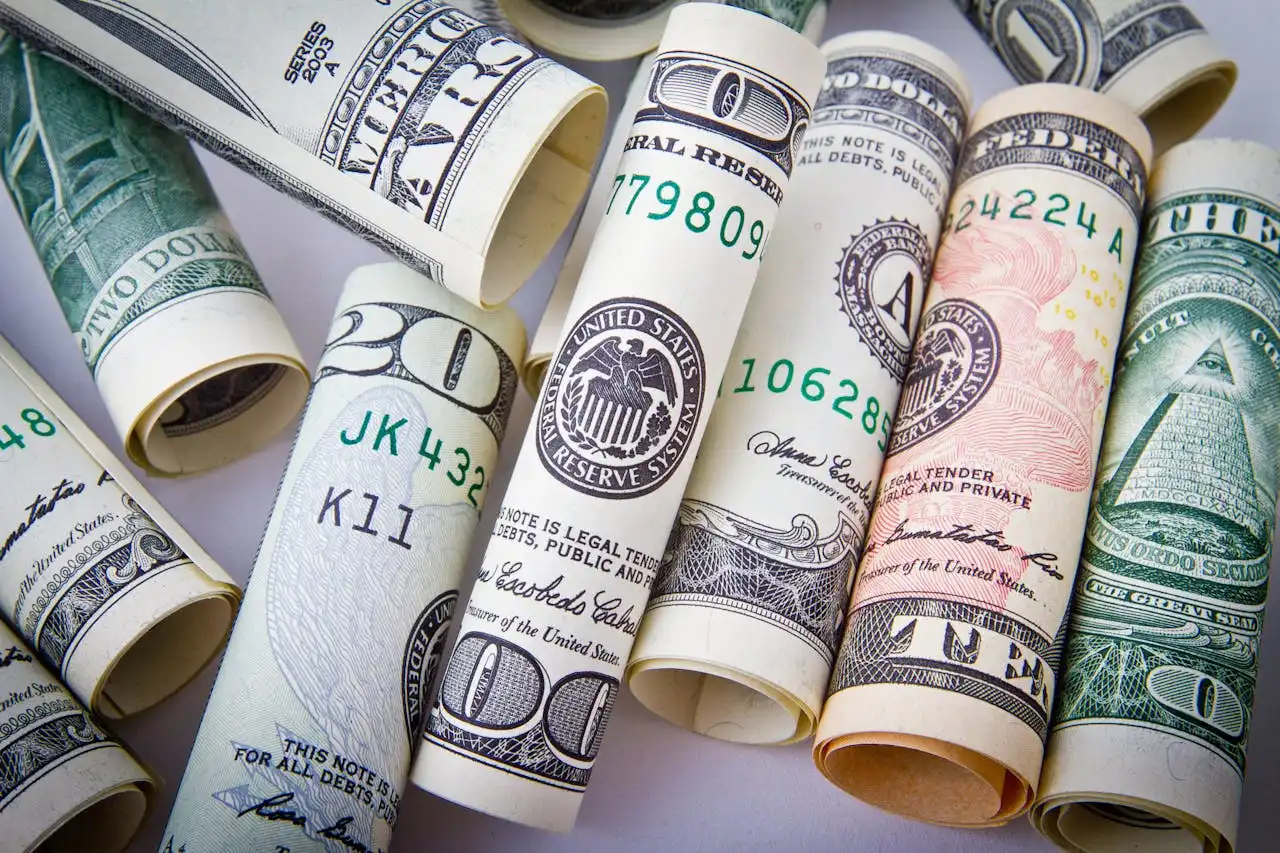
The Siren Song of Easy Money: Why We Can't Resist
6 months ago
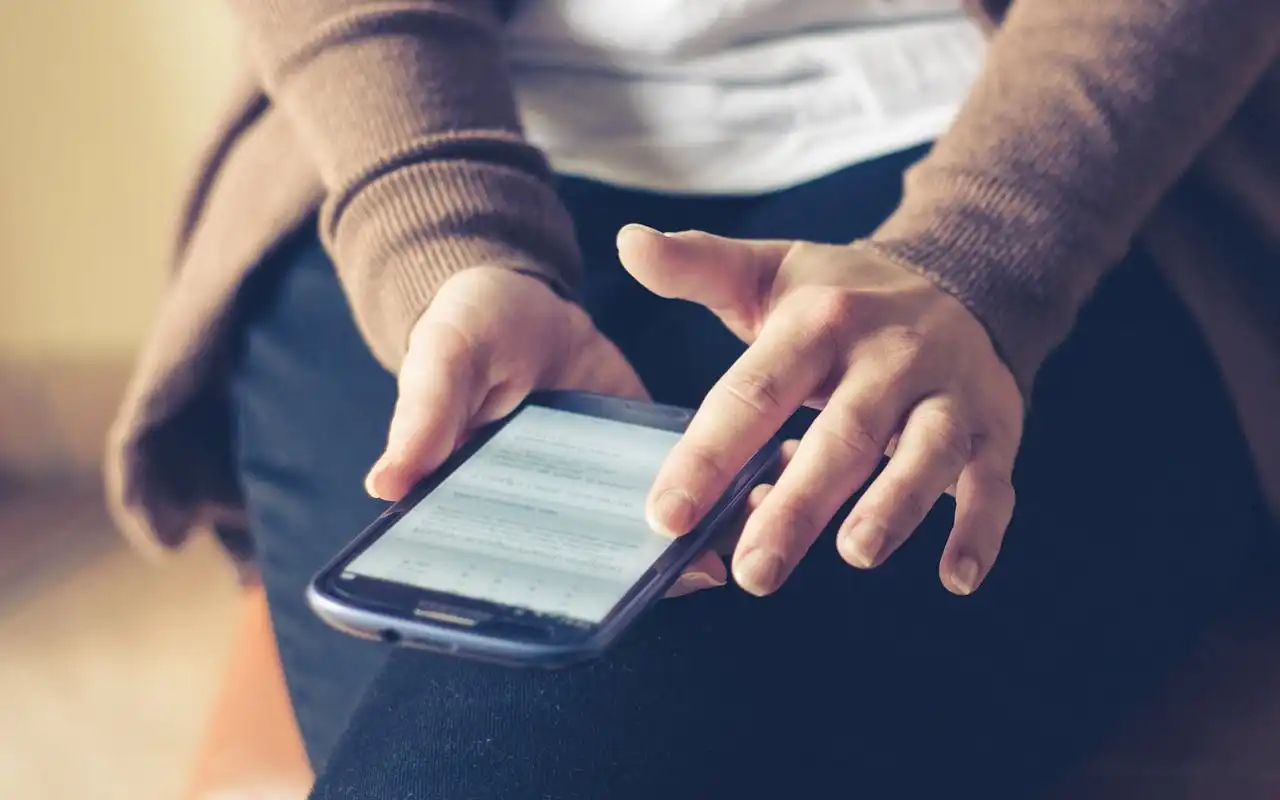
Unplug and Recharge: Your Guide to Escaping the Gadget Grip
6 months ago
